Each year James Forsyth, a school teacher in country NSW, takes his Year 12 students to a coral cay on the Great Barrier Reef.
Subscribe now for unlimited access.
or signup to continue reading
And every year the landscape on Lady Elliot Island, 80km off the coast from Bundaberg, changes.
"You can see the change and the degradation of the reef and I try to apply it back to their own personal context at home," he said.
The 28-year-old grew up on a farm in Willow Tree on the fertile Liverpool Plains, a flashpoint for competing agricultural and mining interests.
He's lived through droughts, floods and fires but wants to foster "passion" in the next generation to leave the environment in better shape.
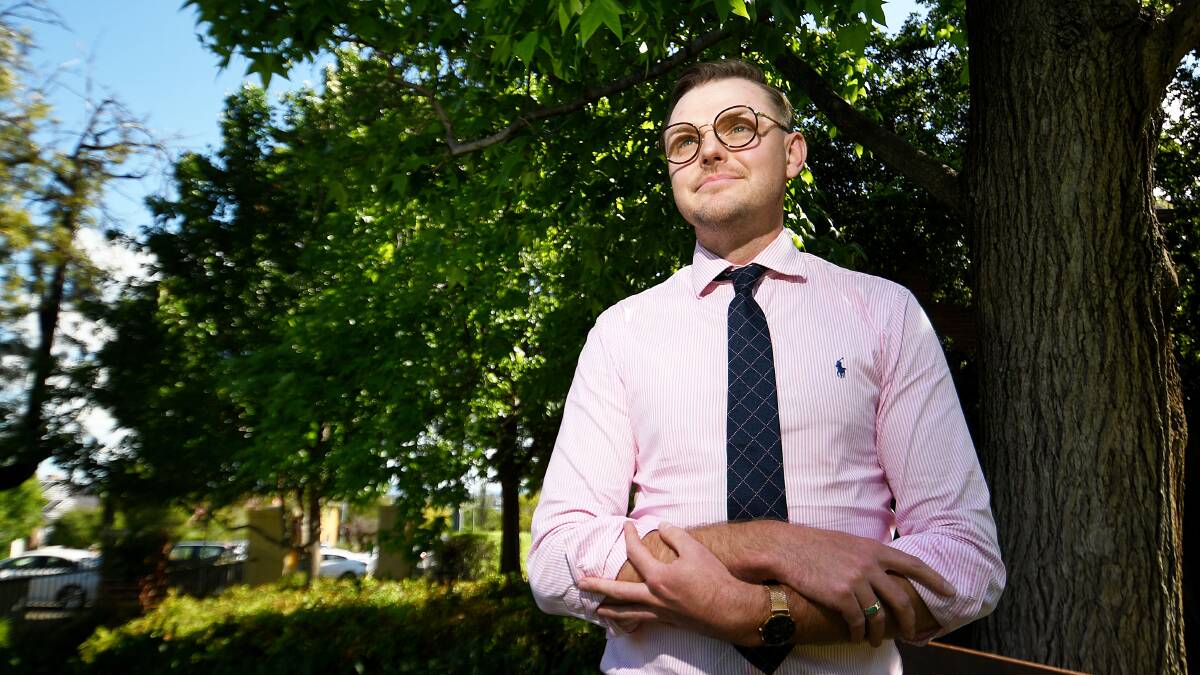
"I genuinely think the students do feel concerned about the future and what it is going to hold and how we are going to rectify and manage the climate," the Tamworth teacher said.
"In the past, particularly in some rural areas, there has been a stigma against the [term] climate change.
"But there has been a real generational shift."
Mr Forsyth said farmers were among the best placed to contribute to strategies for climate change adaptation.
"Farmers are really good stakeholders in the land and obviously want to do the best thing by the land that they work on," he said.
"Because, if they don't, they lose the productivity of the land and they lose profitability in the long term."
Our land, our future
Since 1910 Australia has warmed on average by 1.44 degrees.
It's experiencing a greater number of hotter days and nights, increasing impacts on human health and more frequent extreme weather events like floods, droughts and heatwaves.
Professor Mark Howden, an Intergovernmental Panel on Climate Change (IPCC) vice chair, said today's young people face about four more extreme events compared to their parents and grandparents.
In regional Australia, sea level rise is expected to cause increased coastal flooding and erosion.
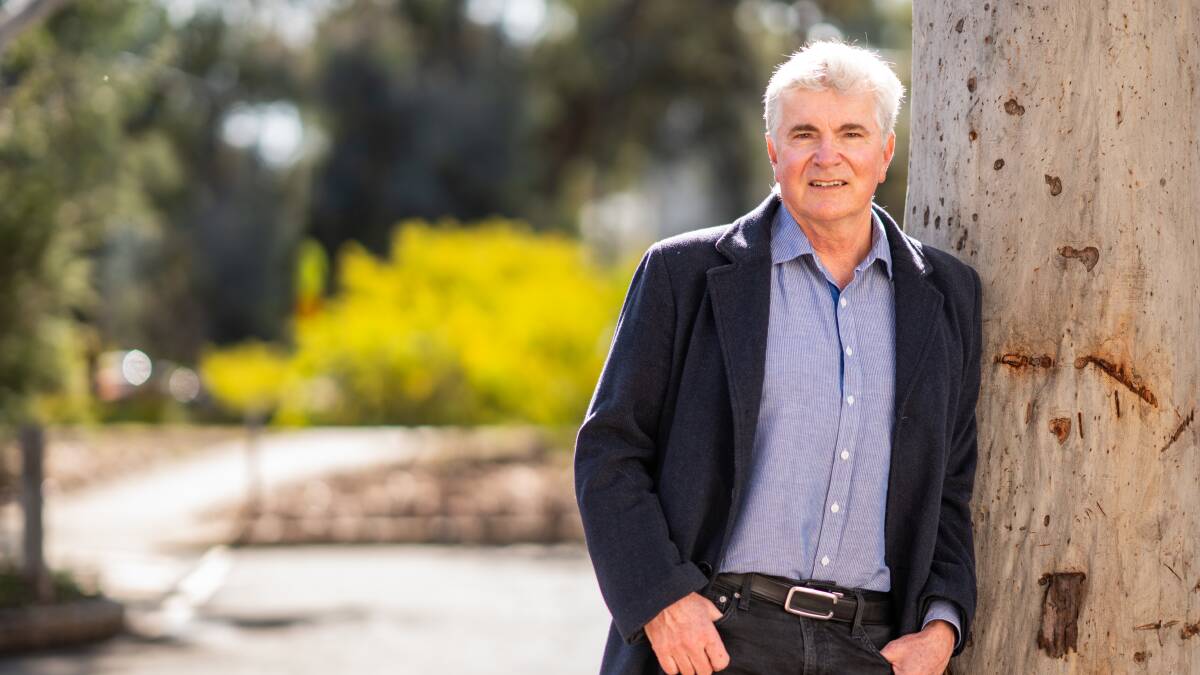
The fire season is becoming longer and more frequent, while heavy rainfall and river floods are projected to increase.
"Things are already being felt; our temperature has gone up dramatically over the past decade," Professor Howden told ACM.
"We're almost in unprecedented territory already due to climate change."
The resilient generation
Maddy Braddon has lived in rural areas from birth and said every year of her life had been punctuated by fire, drought or flood.
The 27-year-old, who lives in Lismore on Widjabul Wia-bal country in northern NSW but grew up in the state's central west, struggles with climate grief and anxiety.
"These events are going to get more severe and intense over time and more frequent," she said.
"You are kind of in this constant state of concern about the future and wondering whether our politicians, communities and institutions are fit for purpose."
Ms Braddon has shaped a career around climate change resilience and now works in flood recovery for a local organisation, Social Futures.
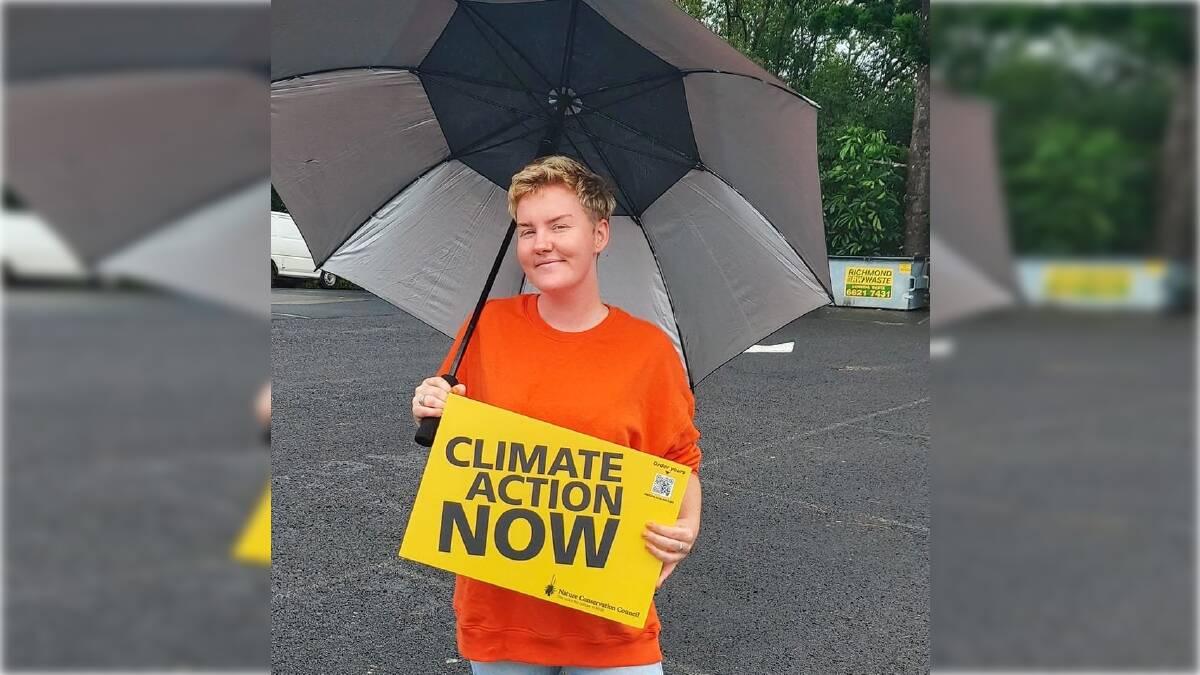
In the past five years Ms Braddon has seen her low-lying town devastated by two major floods, bushfires and drought, displacing people from their homes and hurting the marginalised and vulnerable.
"I think our biggest concern is the housing crisis," she said.
"A lot of people who have been directly flood-affected really want safe, secure and affordable housing."
Young climate leaders rise
The increase in extreme weather events will see internal migration from regional areas increase as farmers flee dry, unstable conditions and residents move away from flooded properties.
Ms Braddon said drastically reducing carbon emissions, listening to First Nations voices and supporting on-the-ground, local solutions were steps in the right direction.
"If we are going to be leaders in our communities - and be able to be well and active in our communities - we need to be assured that people older than us that are in positions of power are able to support us into the future," she said.
We need to be assured that people older than us that are in positions of power are able to support us into the future.
- Maddy Braddon, young Lismore resident
Beyond Australia's borders and the mainland, neighbours in low-lying islands are already having their homes swallowed by a changing climate.
We're young, not hopeless
Originally from country NSW, Maddie Diamond, now works with the South Australian Student Representative Council in Adelaide to help give young regional kids a voice.
"They don't have to feel hopeless just because they're young and, historically, no one listens to young people."
Ms Diamond said growing up her "whole childhood" was defined by the 10-year drought that defined the new millennium's first decade in Australia.
"Farmers living off the land were really struggling, not being able to use water for anything and hot, hot summers were pretty rough," the 25-year-old said.
"But I just thought that was totally normal."
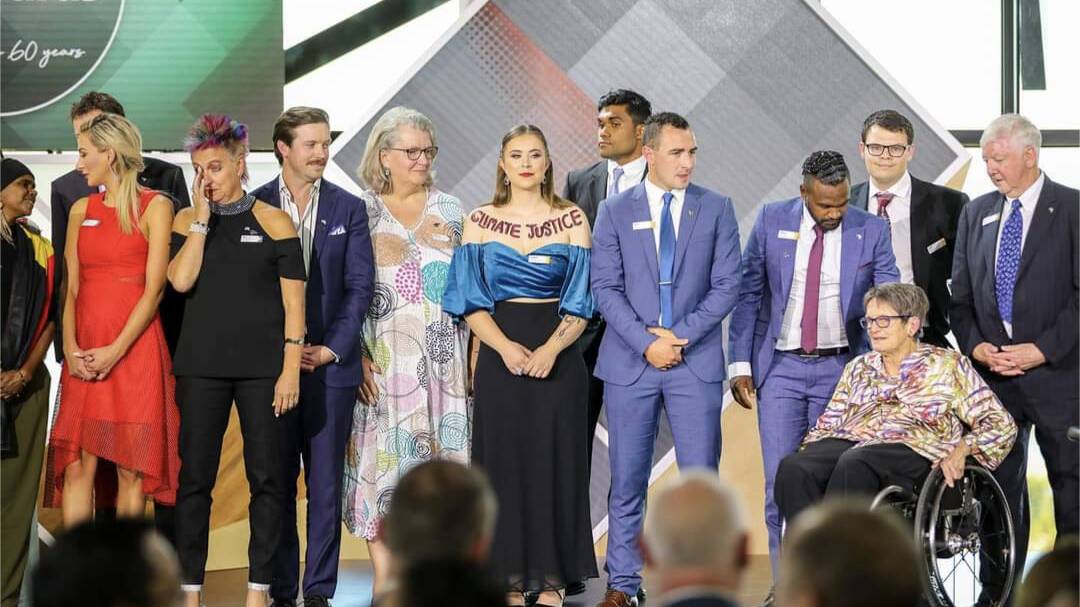
In high school Ms Diamond joined the dots between climate change and extreme weather.
To give a face to the climate crisis Ms Diamond went to the 2020 Australian of the Year Awards with "climate justice" writ large across her chest.
"We really need to have solutions that are not just big sweeping decisions from governments," she said.
"Communities need to be consulted on how they want to deal with problems.
"We have to make people believe we can change and then we will."
Historically, no one listens to young people.
- Maddie Diamond, advocate for young voices
Australia sets sustainable farming standard
Australia has already flexed some political muscle on the global climate stage.
Professor Howden, who is also director of the Australian National University's (ANU) climate institute, said the nation is leading the way on rooftop solar and agricultural adaptation.
"Our farmers are pretty much world-leading in terms of their ability to deal with climate risk," he said.
"If they're not on top of risk management, they're not in business."
But Australia is playing "catch up" in the switch to renewable energy and electric vehicles.
"The focus just on our electricity and de-carbonisation system seems to take away from everything else," Professor Howden said.
"We need to act a lot faster on everything."
Young people choose hope
The switch to renewable energy has started with mining towns, like Gunnedah in the New England region of NSW, earmarked for a burgeoning green industry.
Professor Howden said this would mean a shift in employment but it would create "massive opportunities" in new industries.
We now have two options, he said.
If we continue on the same path the future looks "bleak".
A key message is: 'Our future is ours to choose'.
- Professor Mark Howden, IPCC vice chair
Biodiversity is also at risk from land clearing and the list of threatened species was growing as the climate warmed.
And with the fortunes of regional communities tied closely to the climate it's likely the heat will also burn a hole in the wallet, Professor Howden said.
But if we choose the other path - immediate action, investment in research, as well as corporate and policy change - the climate can take a "positive" turn.
Regional towns could be more connected through electrified transport systems, and become more attractive places to live with expanding job opportunities to accommodate new industries.
"There's lots and lots of next step options; people don't need to see this as something that's too big to deal with," he said.
"A key message is: 'Our future is ours to choose'."
Tess's story
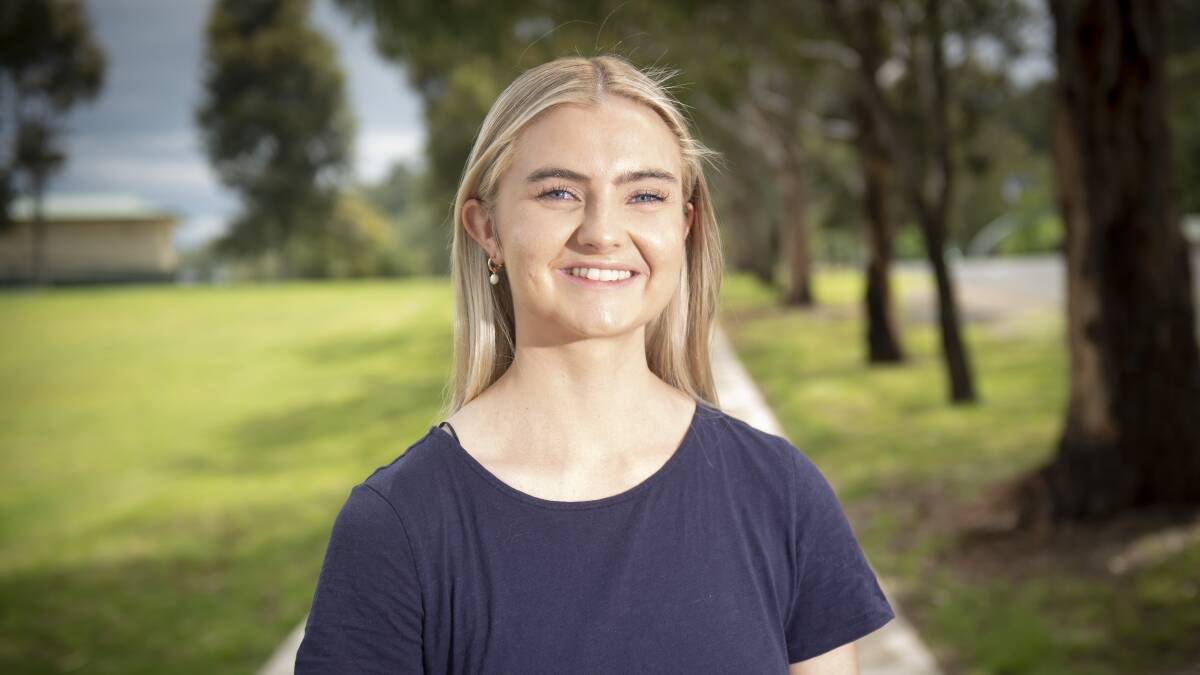
As I write this I've just stepped out of the car from a trip to Gunnedah NSW where I've spent the day speaking with heartbroken residents, exhausted council staff, and worn out emergency service workers.
It's the sixth flood the town has faced in 12 months.
And it comes just a week after I watched my hometown of Bendigo, in regional Victoria, face the worst flooding of my lifetime.
Living in regional areas is where I want to be - the landscapes, the sense of community and the country charisma is just something you don't get in metropolitan areas.
But I am worried about the liveability of these places if we don't start taking climate change seriously.
This series pulls away the doom and gloom. It's shown me the incredible work young people across the country are doing to make a difference.
It's filled me with hope, optimism and a sense of pride to be in the midst of young, regional and resilient people making a difference.
You can read the full Young and Regional: Our Climate Future series here.


